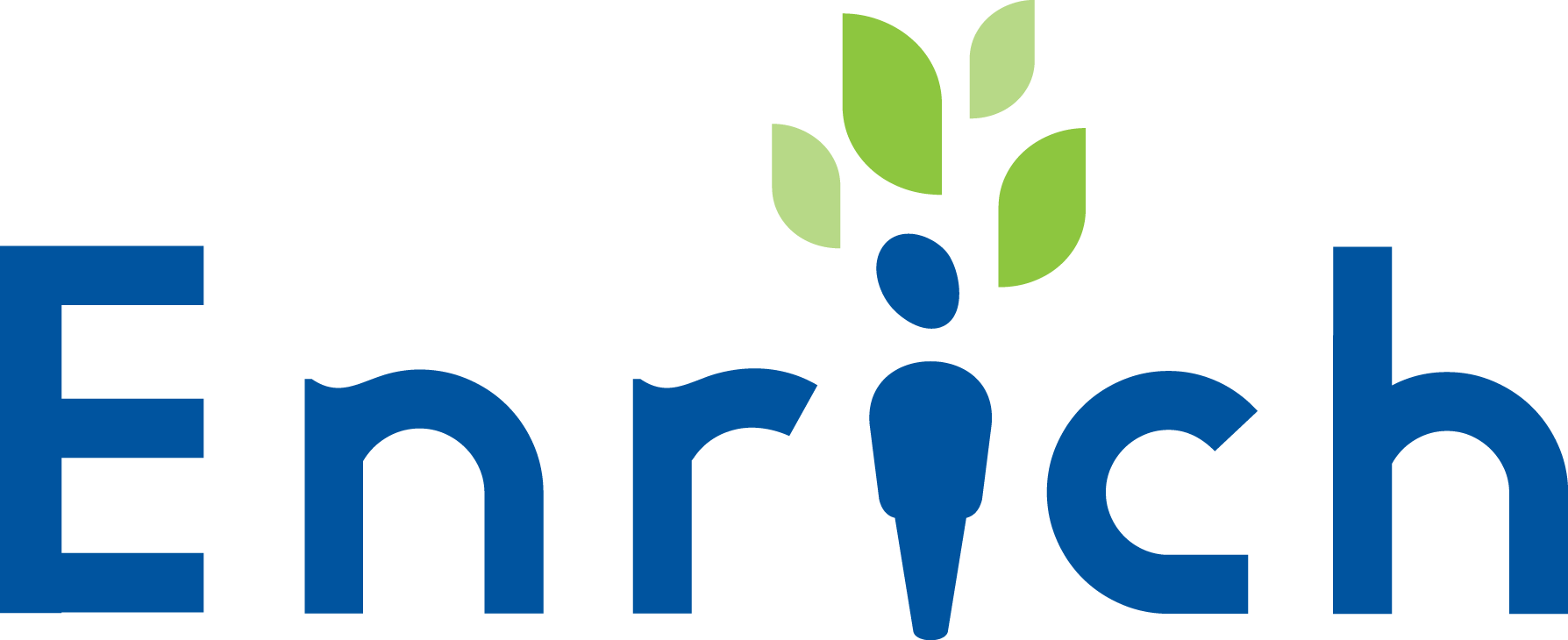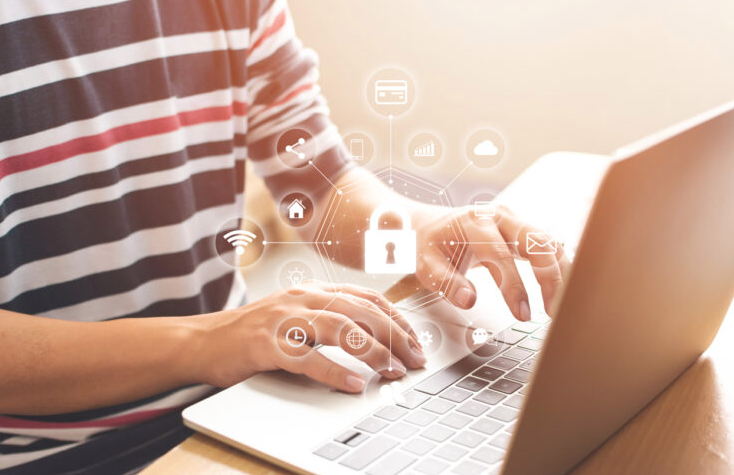News and Events

Lower Your Car Costs
How to keep the cost of owning a car as low as possible According to a recent report, the average cost of owning a car is about $12,000 per year. That’s for a new car, driven about 15,000 miles annually. The cost of owning a used car is lower, but it’s still around $6,300 a [...]

Paying the Bills: Communicate and Automate For a More Harmonious Homelife
How to make handling the rent payment (and everything else) more equitable among couples It’s fair to say many people don’t love paying the bills, even when there’s plenty of money available. Something about parting with all that cash and being reminded of how much the cost of everything has gone up can make even [...]

Pay Late or Miss a Payment?
The differences between a late credit card payment and a missed payment Late credit card payments and missed credit card payments sound similar, but they are different in many ways. In the end, neither is a good option. However, one has more dire consequences than the other. Let’s discuss them. Late Payments A late credit [...]

Enrich Your Finances
NEW! All the credit belongs to you, and so does the power to enrich your financial journey. Sierra Pacific FCU proudly presents Enrich – where financial wellness meets a wealth of possibilities Learn More SavvyMoney: Your Financial Fitness Partner Discover the benefits of our SavvyMoney Credit Score feature, designed with your financial wellness in mind: [...]

Unlock Big Savings: Limited Time Auto Loan Refinance Offer!
OFFER EXTENDED THROUGH April 30th, 2024! This Just In: Your Car Loan is Too Expensive And we want to fix that. Move your outside auto loans to Sierra Pacific Credit Union by March 31, 2024 April 30th, 2024, and we’ll cut 1% APR* off of your approved loan rate. Rates As Low As 6.6% APR*5.6% [...]

Credit Card Balance Transfer
The BEST credit card balance transfer for paying off debt. We built our credit cards to help members ditch high-interest debt, build credit, and breathe life into their financial goals. Are you ready to pay down your credit card debt? Let's Do This Claim Sierra's Balance Transfer Offer: Access 1% APR* for 6 Months! Plus: [...]

Mix N’ Match: Budget-Friendly Pantry Staples
Are you tired of breaking the bank every time you hit the grocery store? You cringe with each blip at the checkout line. However, there are probably things you could be doing to shop smarter. Stock up on these budget-friendly pantry staples and you’ll have the building blocks for some tasty (and healthy) meals. Peanut [...]

How to Make Debt Your Financial Friend
Debt doesn’t have to be your enemy. In fact, debt can be your financial ally! Yes, you read that right — we’re here to debunk the myth that all debt is bad and explain how you can leverage "good debt" to improve your financial wellness. Here are a few examples of how debt can [...]

The Key to Retirement: Start Now
Did you know that the average American spends approximately 20 years in retirement? The thought of two decades of relaxation and enjoyment might sound appealing, but it comes with a critical question: Will you have enough money to comfortably sustain yourself throughout those years? If you’re uncertain about your retirement savings, you’re not alone. [...]

Steps to Protect Your Identity
How to secure your personal and financial information from identity and financial theft Unfortunately, there’s never an off-season from the threat of scammers. Often, they try to steal your identity so they can tap into your financial accounts or open new ones and ruin your credit. Other times, they pretend to be an IRS agent [...]